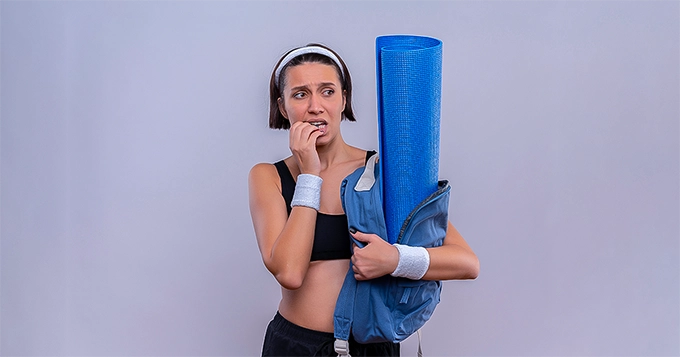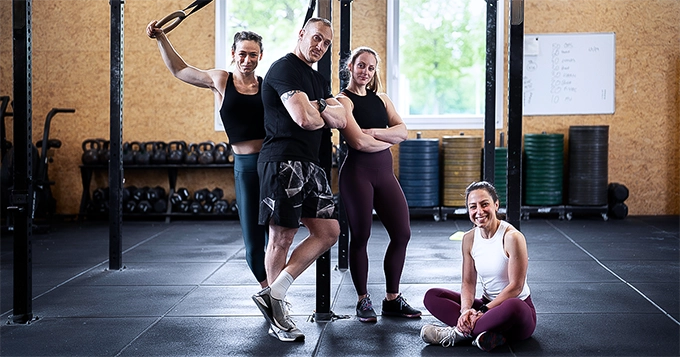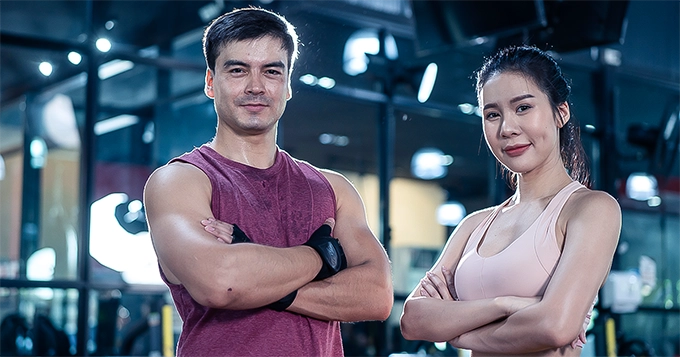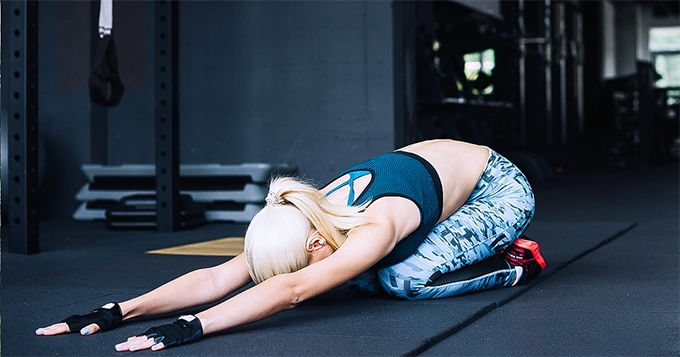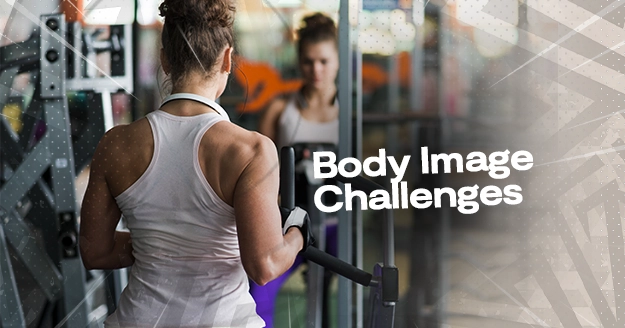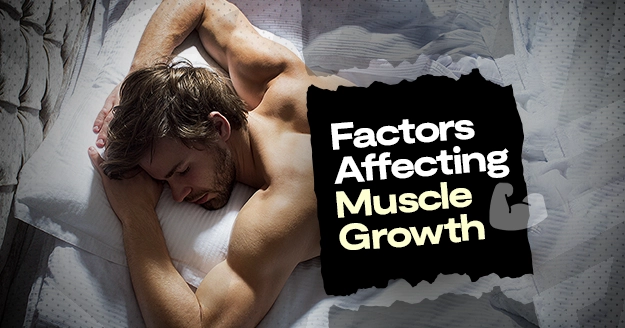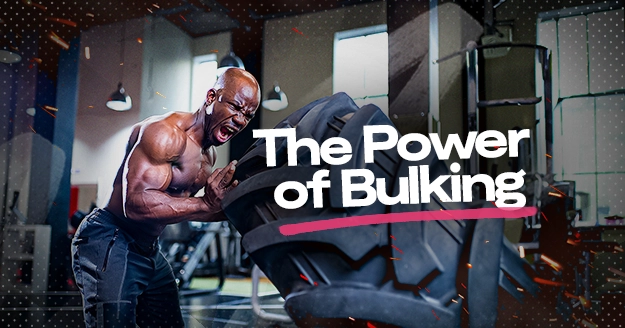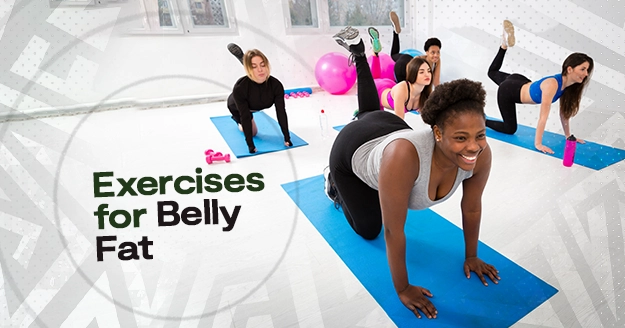How can you build confidence and overcome body image challenges when working out at the gym?
Stepping into that fitness haven can sometimes feel like walking into a room filled with mirrors that reflect our body image issues rather than our determination. Especially when it seems like everyone already has the body goals you want for yourself.
This article aims to help you in overcoming gym intimidation, break free from those self-doubts, and boost your confidence.
Strategies to Overcome Body Image Challenges in The Gym
Building confidence and overcoming body image issues at the gym can be transformative. Here are some strategies to help you boost your self-esteem and feel more comfortable working out in a gym setting:
Set Realistic Goals
Focus on fitness goals that are not solely based on appearance. Whether it’s increasing strength, improving endurance, or achieving specific performance milestones, having non-aesthetic goals can shift your focus away from body image concerns.
Understand the Health Benefits Working Out Can Offer
Learn about the health benefits of exercise beyond aesthetics. Understanding how working out positively impacts your physical and mental well-being can help you prioritize health over appearance.
Choose the Right Gym
Choosing the right gym can make a world of difference in how you feel about yourself during workouts. It’s finding a supportive community where you can truly be yourself. When you walk into a gym that aligns with your values and comfort level, you’re more likely to feel at ease and less self-conscious.
This nurturing environment can help you shift your focus away from negative body image concerns and instead concentrate on your well-being and progress, ultimately building self-confidence and making the gym a place where you feel empowered and accepted.
Wear Comfortable Attire
Wearing comfortable attire in the gym can significantly impact how you feel and perform during your workout.
Comfortable gym attire is typically made from lightweight, breathable, and stretchy materials. These fabrics allow for a wide range of motion, making it easier to perform exercises correctly and with confidence. When you feel good about what you’re wearing, it can boost your self-esteem.
Positive Self-Talk
When you replace self-criticism with kind and uplifting words, you start to see yourself through a gentler lens.
Finding the good in life—even when things are bad—helps you stay focused and motivates you to perform at your best.
Focus on Progress
Setting fitness objectives is a terrific method to give your regular workouts more meaning and purpose. However, it can get difficult when you become overly focused on results like losing weight or appearing a specific way. You have a goal, yet it seems like you aren’t moving in the right direction. Over time, you become less aware of the subtle changes that are happening over time. And when you stop seeing progress, you stop being motivated to keep trying.
Try Tai Chi to Decrease Anxiety
Tai Chi is a wonderful practice that can effectively reduce anxiety and promote overall well-being. This ancient Chinese martial art combines gentle, flowing movements with deep breathing and mindfulness techniques, making it an excellent choice for those looking to manage anxiety.
Practice Yoga to Boost Your Confidence
A review of yoga’s impacts on mental and physical health concludes that it is a low-cost self-care method that can boost self-efficacy and self-confidence.
Yoga is a diverse practice with many styles, and most styles can be adapted to welcome beginners and promote mental health. Here are some yoga styles that are particularly well-suited for beginners and emphasize mental well-being:
Hatha Yoga: This gentle and foundational style of yoga focuses on basic postures and breath control. It’s an excellent choice for beginners because it provides a solid introduction to yoga poses and alignment.
Vinyasa Yoga: This is known for its fluid and dynamic movements that link breath with movement. While it can be challenging, many Vinyasa classes are accessible to beginners, and it helps improve flexibility and mental focus.
Iyengar Yoga: Iyengar yoga strongly emphasizes proper alignment and the use of props, such as blocks and straps, to support students in performing poses. This style is excellent for beginners as it helps build a strong foundation and awareness of body alignment.
Yin Yoga: This involves holding passive stretches for an extended period, often 3-5 minutes or more. It’s a meditative practice that targets the connective tissues, promotes flexibility, and encourages a calm, introspective mindset.
Restorative Yoga: Restorative yoga is all about relaxation and stress reduction. It uses props like bolsters, blankets, and cushions to support the body in gentle poses, which allows for deep relaxation and mental rejuvenation.
Mindfulness-Based Stress Reduction (MBSR) Yoga: MBSR combines traditional yoga postures with mindfulness meditation techniques. It’s designed to reduce stress and improve mental well-being and is often taught in a structured program.
Anusara Yoga: Anusara yoga focuses on alignment, heart-opening poses, and a positive, uplifting philosophy. It’s a welcoming style for beginners, as it emphasizes self-acceptance and self-expression.
Conclusion
Embracing and incorporating these strategies into your fitness routine can transform the gym from a place of self-doubt into a sanctuary of self-empowerment and self-acceptance, ultimately helping you overcome gym anxiety and body image challenges. Become the best version of yourself, both physically and mentally
